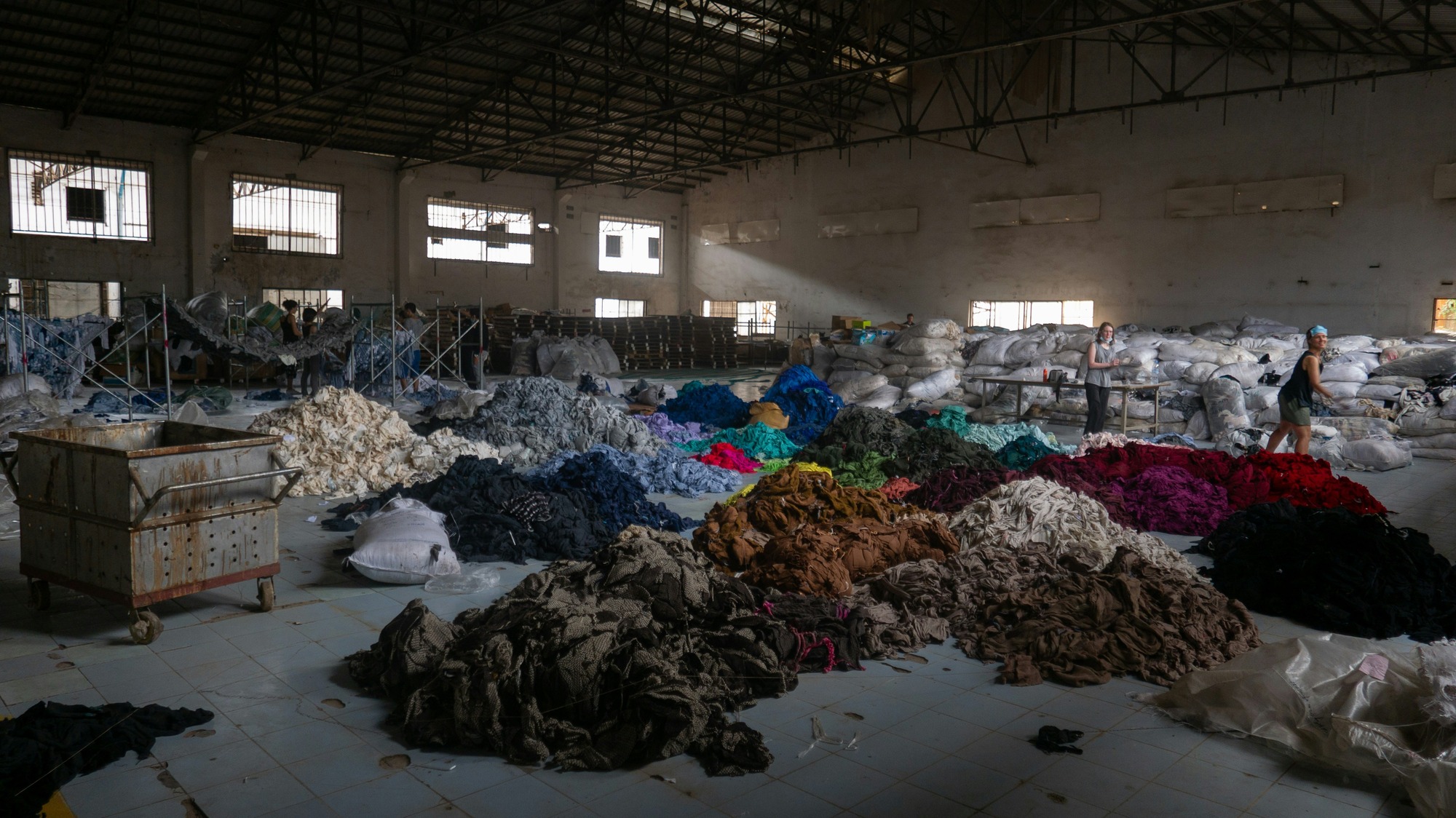

On-line purchasing has made life extremely handy. Click on a couple of buttons, and your order is at your step in days. However this comfort comes with a value. Not each product (or vendor) is what it appears, and as a rule, customers are left disenchanted, misled, or downright scammed. Because the e-commerce world explodes with choices, it’s turning into more durable to inform the distinction between worth and overpriced rubbish.
And make no mistake. There are retailers on the market profiting handsomely from poor high quality. Some flood the market with fashionable, low-cost merchandise that hardly final past a couple of makes use of. Others depend on eye-catching advertising to disguise simply how flimsy their merchandise actually is. It’s not nearly shedding cash. It’s about being fed low requirements and calling it comfort.
So, which on-line retailers do you have to assume twice about earlier than clicking “add to cart”?
1. Want
At this level, Wish is virtually a meme. The app guarantees unbelievable costs—$3 electronics, $1 watches, $10 drones—however anybody who’s ever ordered from it is aware of higher. The merchandise are sometimes low high quality, poorly made, and generally don’t even resemble what was pictured. It’s of venture each time.
The platform is a haven for dropshippers and mass-produced manufacturing unit objects with minimal high quality management. And whereas it may be enjoyable to try it out for gag presents or novelty objects, counting on Want for something severe, like garments, electronics, or kitchen instruments, is a surefire approach to waste your cash and persistence.
2. Temu
Temu is the flashy new participant within the funds e-commerce sport, providing rock-bottom costs and limitless product classes. However beneath the floor lies a well-recognized situation: lots of the merchandise are poor in high quality, doubtlessly unsafe, or short-lived.
Temu merchandise are sometimes sourced from the identical unregulated abroad factories as Want or AliExpress. And whereas the location has gained recognition because of its viral advertising and aggressive reductions, customers regularly report points like deceptive listings, off-sizing in clothes, and brief lifespans for electronics or devices.
It’s tempting to scoop up that $2 USB fan or $6 gown, however the financial savings often come on the expense of sturdiness or customer support.
3. Shein (For Something Different Than Garments)
Shein made its identify in quick vogue, however the model has expanded aggressively into house items, tech equipment, magnificence merchandise, and extra. Sadly, whereas the garments are already hit and miss by way of high quality, the non-fashion objects are even worse.
From flimsy cellphone chargers to poorly made kitchen instruments and make-up of questionable origin, Shein’s enlargement past clothes has left many consumers disenchanted. What’s extra, some objects, particularly those who contact pores and skin or meals, could not meet security laws or include ingredient disclosures. In case you’re going to buy Shein, keep on with what it’s identified for, and even then, handle your expectations.

4. AliExpress
AliExpress is actually the Amazon of worldwide wholesalers, and whereas it’s a goldmine for sure area of interest objects, it additionally doubles as a dumping floor for counterfeit items, low-cost knockoffs, and objects that hardly move as practical.
Clients typically cope with months-long delivery occasions, objects that look nothing like the images, and communication obstacles with sellers. Some product descriptions are outright deceptive, and return insurance policies range dramatically relying on the seller.
You may get fortunate with a cellphone case or some LED lights, however don’t depend on it for something costly, high-stakes, or health-related. Purchaser beware.
5. Fb Market “Shops” and Sponsored Listings
Facebook Marketplace began as an area resale platform however has now turn out to be a hotspot for sketchy on-line shops. You’ve most likely seen sponsored advertisements pop up in your feed with seemingly unbeatable costs for name-brand objects or “miracle” devices.
These outlets typically look legit, however they disappear as quickly as complaints roll in. The objects that do arrive are sometimes junk: faulty, knockoff, or nothing just like the advert promised. In contrast to Amazon or eBay, Fb doesn’t have a powerful purchaser safety coverage on the subject of these momentary “pop-up” retailers. If the deal appears too good to be true and it’s not from a trusted model, skip it.
6. Overstock Clearance “Liquidation” Websites
There’s been an increase in shady web sites promoting themselves as liquidation or overstock retailers. These websites declare to promote name-brand objects at 80–90% off, utilizing logos or names just like actual retailers. However what you get, if something arrives in any respect, typically has zero resale worth and will not be new.
Many of those shops don’t disclose who they’re, have faux buyer critiques, and vanish inside weeks, solely to reappear underneath a brand new identify. Widespread crimson flags embody poor grammar, lack of contact data, or checkout pages with out encryption.
Persist with verified resale platforms like Amazon Warehouse Offers or eBay with verified sellers. In case you’re uncertain, a fast Google search or Reddit thread will reveal the reality quick.
It’s Not About Being Low-cost. It’s About Being Good
The issue isn’t shopping for reasonably priced objects. Everybody desires a deal, particularly on this economic system. However there’s a distinction between reasonably priced and disposable. When one thing breaks after every week, doesn’t perform correctly, or arrives utterly misrepresented, it’s not a deal. It’s a rip-off.
The hidden value of junk merchandise isn’t simply cash. It’s frustration, waste, and environmental impression. As a substitute of spending $8 thrice on damaged objects, it’s typically smarter to spend $20 as soon as on one thing that lasts.
What’s the worst factor you’ve ever obtained from one in all these shops? Do you keep away from them utterly, or do you roll the cube generally?
Learn Extra:
Is Shein Really Saving You Money?
How to Save Money Shopping Online
Riley is an Arizona native with over 9 years of writing expertise. From private finance to journey to digital advertising to popular culture, she’s written about every part underneath the solar. When she’s not writing, she’s spending her time outdoors, studying, or cuddling together with her two corgis.